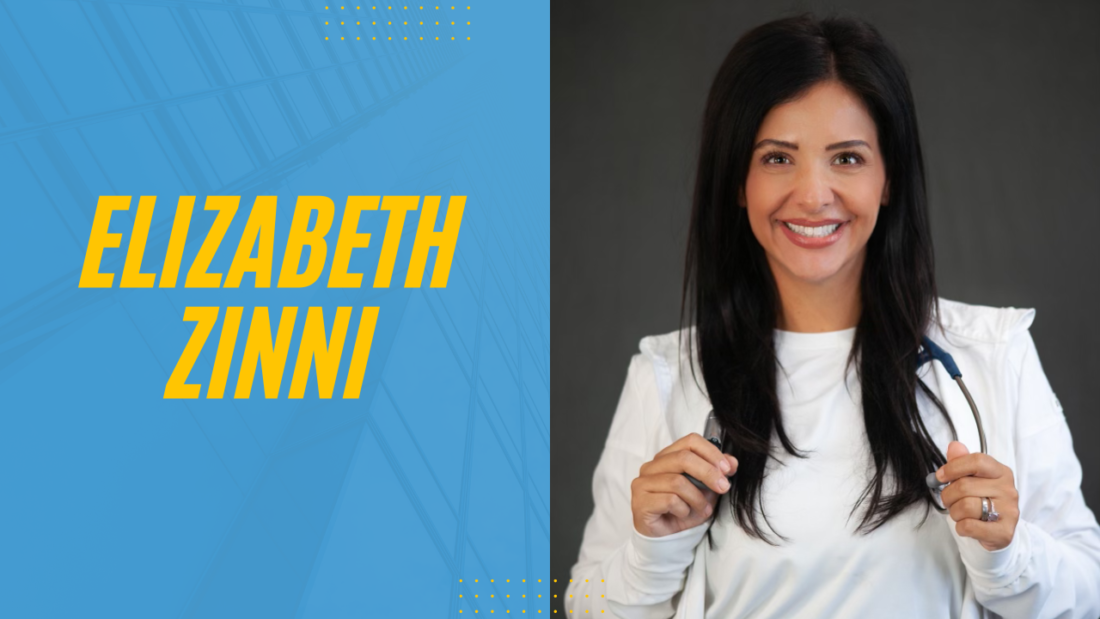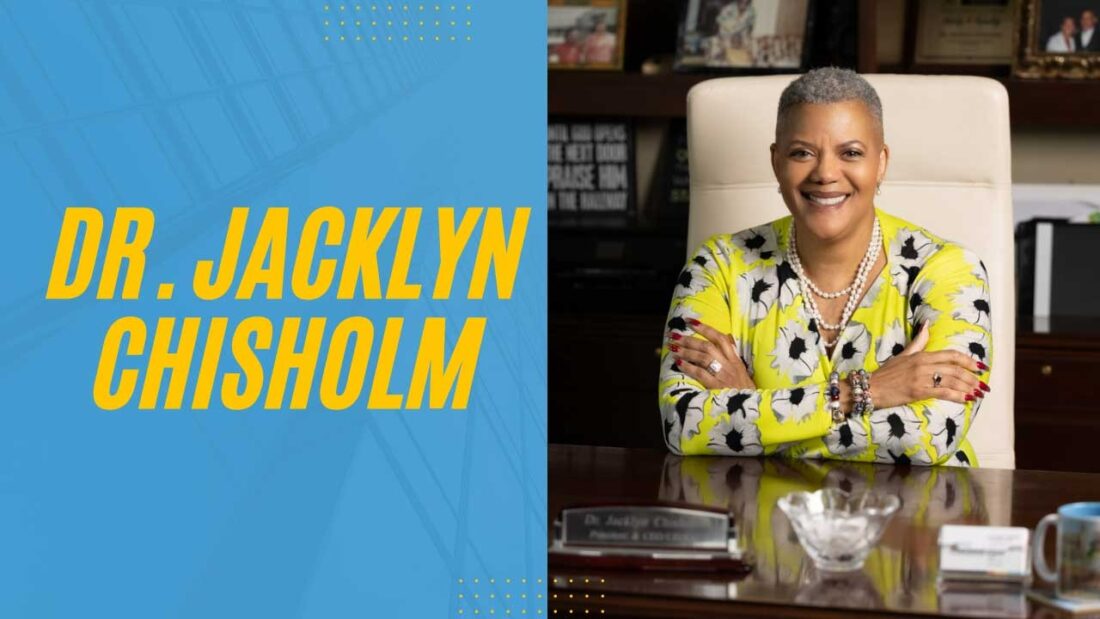Experiencing severe heart-related conditions, such as heart failure, can make it challenging for an individual to work. Those suffering from heart-related disabilities can turn to applying for Social Security benefits.
In order to understand how your heart-related conditions can qualify you for Social Security benefits, turn to our blog where we list and break-down the listed conditions provided by the Social Security Administration Blue Book
To better understand how heart-related conditions can qualify you for Social Security benefits, our team at Liner Legal sat down with Dr. Eiran Gorodeski, a cardiologist at University Hospitals’ Harrington Heart & Vascular Institute, and Professor of Medicine at Case Western Reserve University School of Medicine, who specializes in heart failure. Within our conversation with Dr. Eiran Gorodeski, we asked him questions regarding patient-health advice and how SSDI applicants need to constantly update their doctors on their on-going symptoms and conditions. Take a look at our Q+A with Dr. Gorodeski below:
Q: Hi Dr. Gorodeski, thanks for taking the time for this interview. Would you be able to explain what your specialty is within the Harrington Heart & Vascular Institute at University Hospitals?
A: I specialize in care of individuals with heart failure. So I think that I’ll be able to provide you the most information related to people with heart failure, and I can even give you some background… Amongst many and all chronic conditions, heart failure is one of the most common conditions. It is especially common in older adults.
Q: Is heart failure becoming more common in the United States? Has there been a progressive climb in heart failure cases?
A: We can see that the incidence of heart failure has increased as compared to the 1960 to the 1980s, where you were having four out of 20 people approximately develop heart failure during their lifetime. We’re at the point where five out of twenty or about 25 percent of people, which is one out of every four persons, will develop heart failure in their lifetime. And probably the most important drivers and the explanation for why the incidence is increasing is because of increased burden of comorbid conditions such as obesity. Those are the main drivers.
Q: Now, does a severe condition like heart failure stem from other conditions? Can one track their symptoms to see how they may lead to heart failure, if not treated properly?
A: Well, with the obesity and diabetes epidemic, that leads to either directly developing heart failure, or it leads to other diseases that will cause heart failure. So, for example, diabetes is a very common cause of coronary disease. Coronary diseases puts people at risk for heart attacks. And when somebody gets a heart attack from coronary disease, their heart becomes damaged. And the damage to the heart muscle can then translate into either a stiffer heart or a weaker heart, and then that leads to development of heart failure.
Q: And even within these types of conditions – coronary diseases, frequent heart attacks… I couldn’t imagine that these patients could work.
A: At specific stages of heart failure, I’d imagine not. Especially if they were in-and-out of the hospital frequently, and if they weren’t able to do really any manual labor. Heart failure sounds very ominous. I mean, it’s a terrible choice of words, heart failure, because it seems like everything has failed and you’re gonna die. But the truth is that heart failure does not mean that. It’s an unfortunate set of words that were chosen by scientists and medical professionals over many decades. And really, probably a better way to describe heart failure is some sort of heart dysfunction because it really comes on a whole spectrum. But if treated properly, individuals with heart failure are able to return to their normal lives, and will be able to get back to their respective occupations.
Q: What are the early signs and symptoms that may come from having a severe heart condition, like heart failure?
A: So in order for somebody to be diagnosed with heart failure, first of all, they need to have some symptoms or signs that are consistent with the disease. There’s many symptoms that could identify heart failure.
By far, the most common one is breathlessness or shortness of breath. But there’s other symptoms too, such as fatigue and nausea. Interestingly, a lot of patients with heart failure have pain throughout their body and chest, which a lot of medical professionals either don’t recognize or don’t want to recognize because pain is so difficult to deal with, but it’s very, very common in questionnaires of patients with heart failure. Now as far as signs of heart failure, by far the most common sign is engorgement of the veins in the neck, we call that jugular vein distension.
Q: What is the second domain of heart failure? I understand now that the first domain in diagnosing heart failure is recognizing and seeing the symptoms and signs.
A: Cardiac abnormalities is what we deem the second domain to be in the medical world. There’s a variety of cardiac abnormalities that can lead people to have the symptoms that we already discussed. One common cardiac abnormality can be found when you do an ultrasound, or an MRI of the heart, and you see that the heart squeeze is very weak. There are also other heart abnormalities that can lead to this. So for example, if the heart is thick, a thickened heart, even if it squeezes totally normally, can lead to the symptoms or signs of heart failure. And thick hearts are very common in the population because what causes thick hearts almost there’s there’s several things, but the most common one is high blood pressure.
Q: And this would then lead to the third domain of heart failure – congestion?
A: So the way I explain congestion to patients is like when you have a cold, and you’re congested and your sinuses are inflamed. You feel that pressure in your face, and that’s like the same pressure for heart failure congestion. So that’s what heart failure is. Heart failure is a combination of suggestive symptoms or signs, the presence of a cardiac abnormality, either a very weak heart or a thickened heart, and some people will also have other abnormalities that can lead to heart failure, such as a severe valve disease, either a valve stenosis or valve regurgitation.
Q: Well, thank you for that. Seeing such signs and symptoms in your patients, have you been able to see symptoms severe enough that you would assume that they would not be able to function in a job or be able to work? Have there been symptoms that severe?
A: Definitely… So in the beginning, when people are diagnosed with heart failure, they will have a sudden deterioration, which is called onset of heart failure. So at this point, they suddenly feel poorly. A lot of times this happens because they can’t breathe or they’re swelling up with fluid, and they go to the emergency room or they go to their doctor’s office. And very frequently, people are hospitalized at this point.
They need medications introduced. They need to be evaluated for procedures. But inevitably, a high proportion of people with heart failure will improve, and now they’re feeling better again. We have an incredible regimen of pills now that stabilize people with heart failure, which can lead their lives back to normal. They’re feeling fine. They’re not hospitalized.
In some people, stability from heart failure will last for years. And some people, that stability will last only for a few weeks or months. Then inevitably, most people with heart failure will then have bumps on the road. So suddenly, boom, they’re feeling bad again.. Inevitably, people with heart failure will enter this period of rockiness. They’ve got downs. They got ups.
But there’s going to be a point in time where some people will enter this phase called advanced heart failure, where they’re feeling very poorly… And when they are at this stage, they need to be evaluated for heart transplantation.
But this golden window of opportunity, the reason why I inform my other colleagues in my field, or any cardiologist, is just to remind them that if people are entering this phase and if they’re ever going to be candidates for heart transplantation, you better refer them early because by the time they get to this point, doctors will refer patients to me as a heart failure specialist. But it’s too late for me to offer a heart transplantation. Usually, they’re just too sick.
So in all, patients get better, they get worse, and when treated properly, they ultimately get better. I bet you that a lot of people that come to Liner Legal to look for disability are coming at the golden window of opportunity, which they probably need disability benefits at this point. But if they’re coming to me right in the beginning of heart failure, it may be too early to recommend applying for SSDI, since I see a lot of patients being able to work once first treated, until their symptoms worsen over years to come.
Q: Is there any instance of you seeing a patient who should maybe consider applying for Social Security disability benefits?
A: Yes, it makes me think of my patients that are experiencing consistent symptoms. They’re frequently hospitalized. Some of them will have arrhythmias, and their defibrillator will shock them. Their kidneys start failing. This is at the point where, honestly, I would say, to me, it makes sense that that’s where they need to apply for disability benefits because their condition has not progressed to the point where it’s just not consistent with holding a job.
And there are people whose job is physical, and they can’t do it anymore. Their work is tough, it’s very physical. And now, they just can’t do it. But for my patients that just started experiencing heart failure, I have to remind them that they may start to feel better quickly and have physical improvements. Like one of my patients will say, “Hey Doctor Goredeski, I’m applying for disability.” I tell him, “Wait a second. You’re gonna get better quickly, which may make it look like you can maintain your same job.”
Q: That’s very helpful. Because as you’re saying, it would also ruin their chances when you apply for disability to provide medical evaluation because you would be doing a physical evaluation with a Social Security appointed doctor in most cases. So, if someone were to apply at that early onset stage and they were improving, that doctor could technically deem them as someone that’s still fit to work.
A: That’s right. And then the patient may say to that doctor, “Well, Dr. Gorodeski diagnosed me with heart failure, so how can I work?” And that’s terrible. But the truth is, as I stated, they’re likely going to be stable for a long period of time.
Q: And as you said previously in the earlier slides, this is something that you see in, would
you say, older patients?
A: Great question. So heart failure can affect people at any age, but it can have different causes. So we even see heart failure in kids and teenagers and people in their twenties. A lot of time, that’s due to genetic diseases that are inherited or congenital heart disease – things that people are born with.
So we certainly see that. But to be honest with you, it’s uncommon. In the middle ages, we start seeing heart failure due to other causes. For example, it can range. It can be due to infections. For example, there are some viruses that will lead totally healthy people to develop heart damage. Then, people at this age can develop heart rhythm problems that will lead to heart failure, or they have hypertension, very severe hypertension or diabetes at younger ages.
But then the truth is, and by far, older adults are affected by heart failure the most. So we’re looking really at the risk starting for people in their sixties and then definitely seventies or eighties. By that point, a high proportion of people will develop heart failure that’s related to a lifelong burden of risk factors like obesity, diabetes, hypertension, smoking, and just with the aging process, we see, the heart begins to stiffen up.
Q: Do you see heart failure impacting people with physical jobs more deeply than for those who have sedentary jobs?
A: People who have very physical jobs seem to have a bit harder time with work, but a lot of people who don’t have very physical jobs seem to have an easier time working again.
Q: Then for the people that do go back to work – the people that are diagnosed with heart failure and they take the medicine to take the treatments – how long after treatment would you say they recover? Is this going to be a thing in their lives that they continuously have to
check up on?
A: For almost everybody, it will be a chronic disease. So most people are not looking at a complete cure. The overwhelming majority of people with heart failure live with chronic heart failure. So it’s as if they’re not cured. They live with it. And hopefully their condition can be well controlled with medications. They have to live with a chronic illness, which means that they have to live with the mental stress and knowledge that they have this condition, which can affect people’s mood.
Then, also, people will need frequent check-ups because it’s a chronic illness. They’ll need frequent follow-up with their health care provider, whether it’s a primary care doctor or a heart failure cardiologist or general cardiologist. And they’ll need appointments and that’s a burden. Who wants to go to the doctor? I hate going to the doctor. But people with a chronic condition need to.
Q: So let’s say we had a client reading this blog. They’re reading what you’re saying, and they are experiencing somewhat of the symptoms that you described as early onset heart failure. What are the next steps that you would advise them to do to be able to treat this properly or for them to get the proper advice and seek medical help?
A: That’s an important question. If people develop concerning symptoms, they need to be evaluated, and they should not put it off. The tools to make the diagnosis are not complicated tools. These tools consist of an echocardiogram, an ultrasound of the heart, and some blood work.
These are tools that are available to primary care doctors. So you don’t have to go to a heart failure expert and heart transplant expert like me. If the diagnosis is made, my suggestion then is just to rapidly seek an expert opinion about why you have heart failure. Because as I mentioned to you, there could be many causes of it.
So number one, what is the diagnosis? What is the cause of the heart failure? And secondly, what is the best treatment for the heart failure? This is not something that once diagnosed people should sit on.
Q: And now have you seen patients that have been kind of sitting on these symptoms and not doing anything about it?
A: All the time you see people who have symptoms for a while. Even though, you know, there’s only so long that people can live with these symptoms before they become either unbearable or non-compatible with life. So eventually, people who have these symptoms will end up in the medical system whether they like it or not.
Q: Well, Dr. Gorodeski, thank you so much for this helpful information. It was great chatting with you, and hopefully this interview will help inform some of Liner Legal’s blog readers.
A: No problem!
With these questions and answers in mind, Liner Legal hopes to provide you with clarity to the SSA application process. Navigating the path towards benefits can be difficult, but that’s why it’s key to turn to the trusted attorneys at Liner Legal to help guide you through the process. We can assist you from start to finish, making sure your application is polished and cohesive. Contact us online via linerlegal.com or call our office, (216) 282-1773 for a free consultation. Liner Legal serves clients nationwide, and our physical offices are conveniently located throughout Ohio, including Akron, Canton, Cleveland, Columbus, Sandusky, Warren, and Youngstown.



